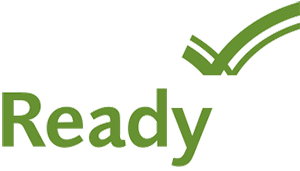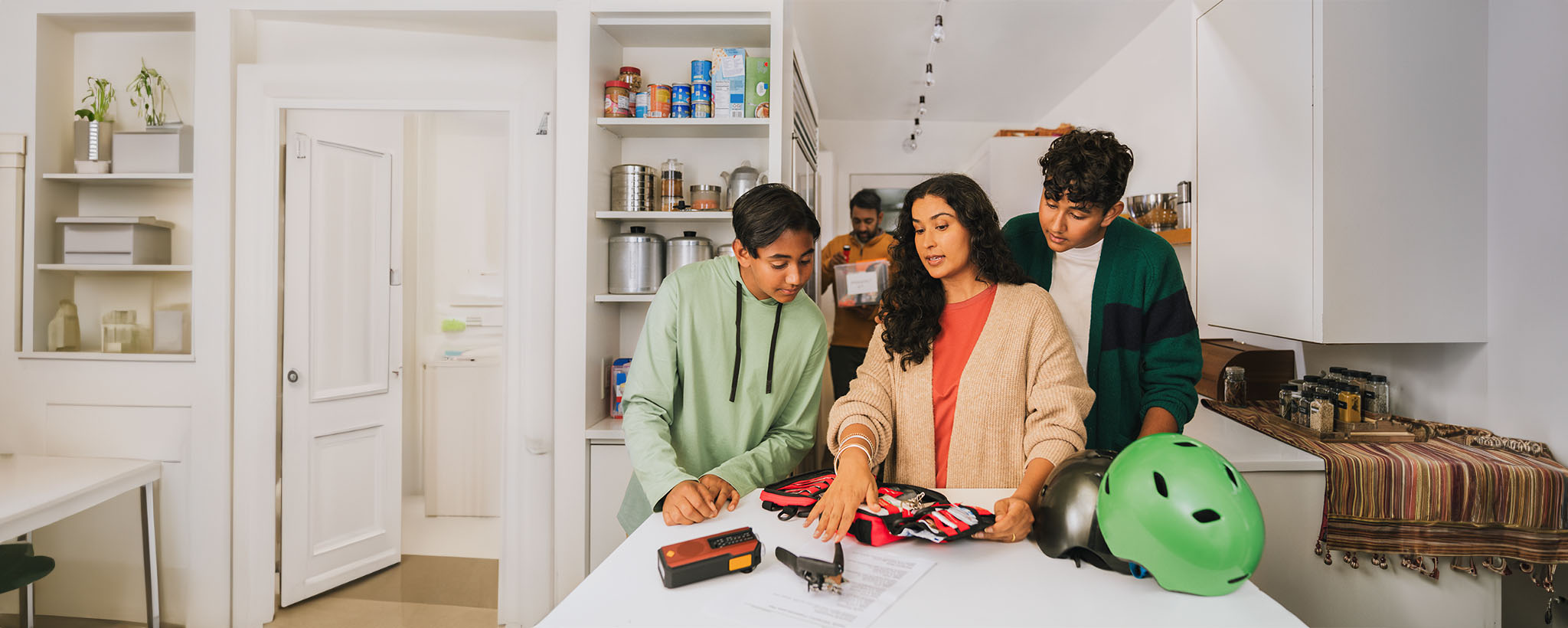Start a Conversation
Emergencies and disasters can happen at any time, and any place. Asking yourself these questions can help you understand what you need to know, what to do, and where to go if something happens:
- If a disaster happens and we’re separated, where is our family meet up location?
- Does anyone in my family have specific needs to consider when making a plan?
- How will we contact each other if cell phone reception is down during an emergency?
- What items and documents will we need as part of our family emergency kit?
- What is each family member responsible for in the event of an evacuation notice? For example, who will get the emergency kit, make sure pets are ready, let the family know about alerts in their area, and contact family members?
Once you’ve considered the answer to these questions, it’s important to involve your family and loved ones to make sure you have what you need to stay safe.
Below are some suggested tips to start a conversation about preparedness today.
Start a Conversation Fact Sheet
Start a Conversation Fact Sheet Translations

Talk With Your Family
Talking about what you and your family should do to prepare for a disaster isn’t an easy task, but it’s necessary to save lives. Discussing hard topics can provide peace of mind for you, your family, and friends. Keep the conversation as positive as possible by highlighting your concern for their safety. Highlight the facts about disasters that could happen in your area. Together, make a plan. Honest and direct conversations can save your life and the people you love.

Be Aware of The Disasters That Can Happen in Your Area
Knowing what can happen where you live will help you understand what you need to stay safe. Disasters such as floods and fires can happen anywhere, but others such as hurricanes and earthquakes are more common in certain areas. If you’re new to an area, talk to people in your community to find out what disasters have happened and may happen in the future.

Consider Who Should Join the Conversation
Preparedness can look a little different for everyone depending on personal circumstances. Before you have a conversation, think about the key people you want to include. This can be family members living in your household, older relatives, community members, neighbors, caretakers and friends. They can let you know how preparedness could benefit them.
Ask your neighbors if they can share tips that you and your family can put into practice. If they haven’t started their preparedness journey, share information with them so they can begin.

Take Action Together
Consider taking at least one step to get ready for disasters. Examples include:
- Signing up for emergency alerts in your area to receive life-saving information from your state and local municipality.
- Storing important phone numbers somewhere besides just your phone. You can use the free Family Emergency Plan available on Ready.gov. You can download and share the plan with your family.
- Visiting Ready.gov for more actions to prepare.


